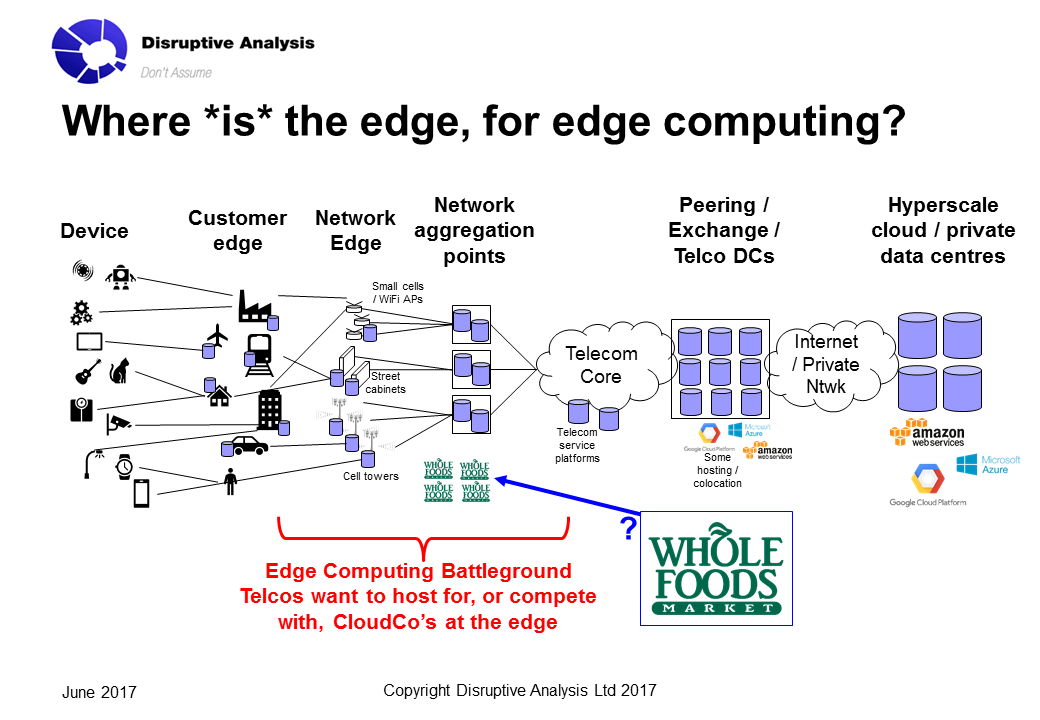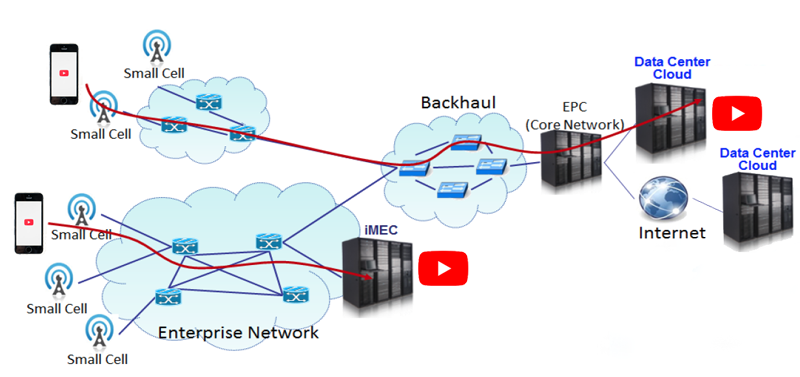5g mobile edge computing

#image_title
Being connected is an essential part of our life in this fast-paced world. In the world of technology, innovation is being made to serve people better. One of the latest innovations is 5G technology, which was supposed to revolutionize the way we use technology. Sadly, the Chief Technology Officer of Telus has voiced out his disappointment in how 5G technology has let us down.
However, hope is not lost, as Mobile Edge Computing (MEC), a technology that contributes to 5G, shows promise in bridging the gap. In this post, we will be discussing MEC and its contribution to 5G technology.
What is 5G Technology?
5G technology is the fifth generation of wireless network technology. It promises to have faster download and upload speeds, lower latency, and more reliable connections. 5G technology is expected to have a significant impact on various industries, such as healthcare, transportation, and education.
Why did the Telus CTO voice out his disappointment?
The Chief Technology Officer of Telus has expressed his disappointment in 5G technology, claiming that it has let us down. He cited the lack of significant improvements in network speed and performance, among other things, as reasons for his disappointment.
What is Mobile Edge Computing (MEC)?
Mobile Edge Computing (MEC) is a technology that brings computing resources closer to the end-users. It is designed to provide real-time data processing and ultra-low latency by enabling data processing at the network’s edge. MEC is a promising technology that can contribute to the development of 5G and other technologies.
How does MEC contribute to 5G technology?
MEC contributes to 5G technology by optimizing network resources, improving network performance, and enabling innovative services. MEC can help 5G technology by:
- Reducing network latency
- Accelerating edge applications
- Reducing network congestion
- Enabling new services such as augmented and virtual reality
Reducing Network Latency
Latency is the time delay between the sending and receiving of data. MEC can reduce network latency by placing computing resources closer to the end-users, enabling data processing at the network’s edge. By processing data closer to the end-users, MEC can significantly reduce network latency, resulting in faster data transfer speeds.
Accelerating Edge Applications
MEC can accelerate edge applications by enabling real-time data processing. By processing data closer to the end-users, MEC can improve the scalability and performance of edge applications, resulting in faster and more reliable services.
Reducing Network Congestion
Network congestion is a significant problem in wireless networks. Congestion can occur during peak periods when many users are trying to access the network simultaneously. MEC can reduce network congestion by offloading data processing to the edge. By processing data at the edge, MEC can reduce the amount of data that needs to be transmitted over the network, reducing network congestion and improving network performance.
Enabling New Services
MEC can enable new services such as augmented and virtual reality (AR/VR). AR/VR requires real-time processing of large amounts of data, which is challenging to achieve using traditional network architectures. MEC can enable AR/VR by processing the data at the edge, reducing network latency and improving network performance.
Conclusion
Despite the disappointment expressed by the Chief Technology Officer of Telus, 5G technology still holds promise in revolutionizing the way we use technology. The contribution of Mobile Edge Computing (MEC) to 5G technology shows significant potential in bridging the gap.
MEC’s ability to reduce network latency, accelerate edge applications, reduce network congestion, and enable new services such as AR/VR will make 5G technology more efficient and reliable. As technology continues to evolve, we will continue to see innovations that will drive the world forward. And Mobile Edge Computing is one of them.
Sources
- https://www.telus.com/en/bc/health/personal/mobile-edge-computing
- https://www.qualcomm.com/invention/5g/what-is-5g
- https://www.ibm.com/cloud/learn/mobile-edge-computing-mec
- https://www.telus.com/en/bc/about/news-and-events/news/telus-chief-technology-officer-5g-has-let-us-down
5G Technology Has Let Us Down

Mobile Edge computing contribution to 5G






